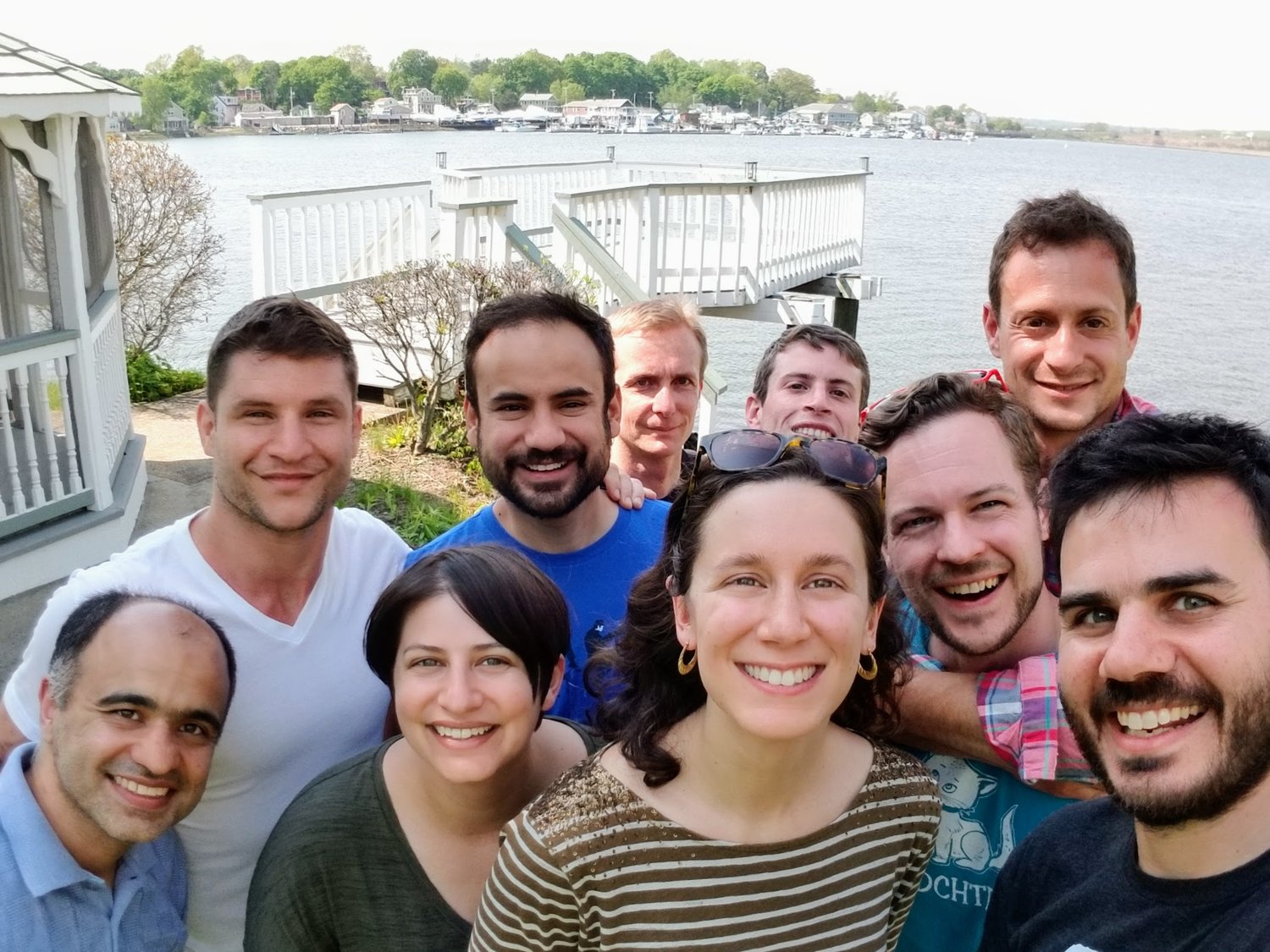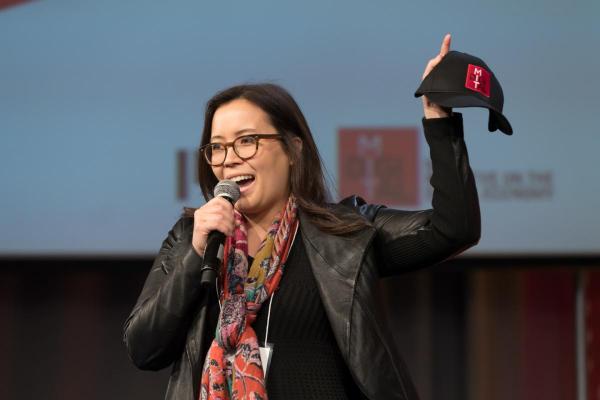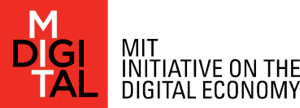
Researchers at the lab (pictured above) use a range of different methods and approaches, including cognitive science, economic games, survey experiments, field experiments, dual process theories of decision-making, social networks, game theory, and computational modeling — making it a unique fit with the MIT Initiative on the Digital Economy (IDE). The IDE is a team of visionary, internationally recognized thought leaders and researchers examining how people and businesses work, interact, and will ultimately prosper in a time of rapid digital transformation. The two MIT groups have announced that they will now work collaboratively at the intersection of human behavior and digital technologies to offer better outcomes for health, the environment, and the world.
As new technologies and access to the web proliferate, HCL and IDE will continue to further our understanding of how digital technologies can be harnessed to affect societal change. For example, the HCL is using the lens of cognitive science to understand why people believe and share false political content on social media, and how to find the spread of such misinformation. They have found – contrary to many popular accounts – that our reasoning abilities do not typically get hijacked by our partisan biases. Although partisanship does influence what people believe, engaging in more reasoning reduces belief in false claims – regardless of whether the claims align with one’s ideology. Relatedly, the HCL has also found evidence that crowdsourcing may be a promising tool for identifying and fighting misinformation: Americans across the political spectrum distrust news outlets that produce false or hyper-partisan content, and as a result, layperson ratings of news source quality were highly correlated with professional fact-checkers.
Another recent project illustrates possibilities in the domain of healthcare. In collaboration with the Israeli startup Keheala, the HCL designed a mobile health platform to motivate and support tuberculosis patients as they undergo an arduous six month treatment. “The proliferation of flip phones in much of the affected parts of the world provides an opportunity to reach people who can’t otherwise be reached,” says HCL senior researcher Erez Yoeli, who helped spearhead the effort. In a year-long study, the platform cut the number of patients who didn’t complete treatment by two-thirds. Now, the team is mid-way through a three-year follow-up, and is further honing its platform with AI that allows them to provide greater support for patients who would benefit the most.
Speaking for the IDE, Executive Director, David Verrill, said that “there are clear synergies between the two programs that will only multiply with this exciting new partnership.” In particular, Professor Sinan Aral and his group study Social, Analytics and Digital Experimentation; how new technologies and new means of social interaction impact productivity, consumer demand, political mobilization, and public health, he noted. Last year, Aral and his co-authors made a splash with the first comprehensive study of the spread of false news online.

“As the world becomes increasingly more digital, the applications of AI proliferate, and automation accelerates, the human and social implications cannot be overlooked or understated,” IDE Associate Director, Christie Ko, said. “We look forward to a rich, exciting cooperation with the HCL.”
“The digital world poses unique new challenges to humankind, as well as powerful new tools for affecting positive societal change. The HCL works to identify both of these dimensions, and we are extremely excited to see what emerges from our collaboration with the IDE!” says Professor Rand.
References:
Below are some links to recent research projects and video presentation from Professor Rand and the HCL staff.
- The New York Times op ed about the cognitive science of Why People Fall for Fake News, Jan. 19, 2019
- The New York Times op ed on How to Get People to Pitch In using behavioral science, May 15, 2015
- PNAS research paper, Fighting Misinformation on Social Media Using Crowdsourced Judgments of News source Quality, February, 2019.
- Crowdsourcing is the Best Weapon in Fight Against Fake News, March 27, 2019, The Hill
- David Rand, TEDx Cambridge Salon talk How You Can Help Combat Fake News
- Erez Yoeli, Research Scientist, Ted Talk, How to Motivate People to Do Good for Others, May 2018
